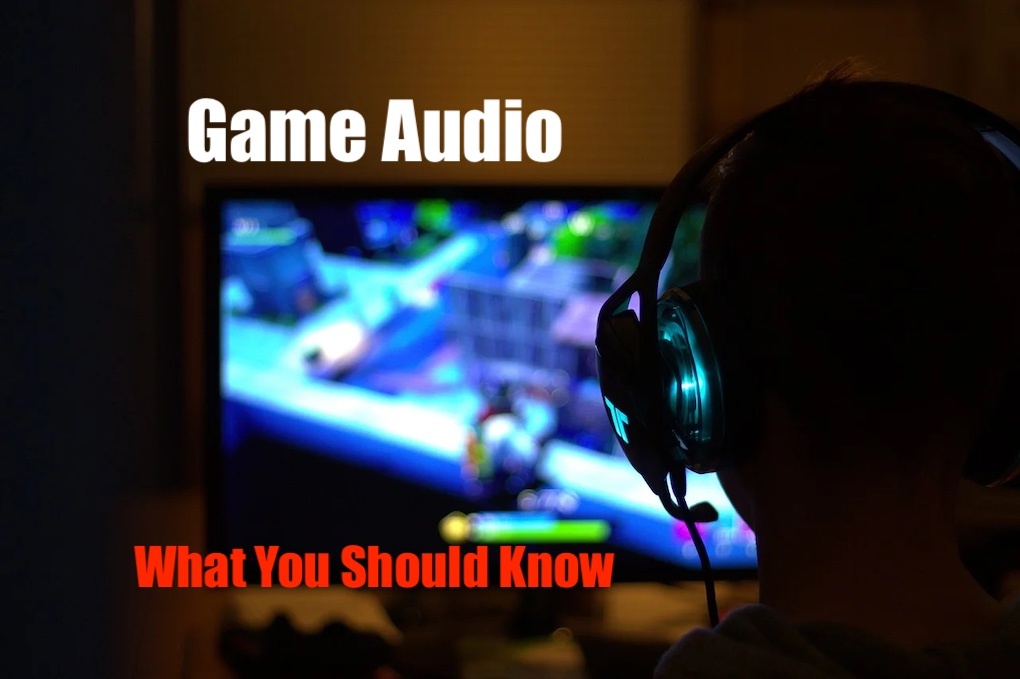- in Production by Bobby Owsinski
So You Want To Do Game Audio – Here’s What You Should Know

If you’re like many people in the music business, you love audio and you love gaming. You might have thought to yourself, “Why can’t I combine the two?” Yes, you can, and it’s more possible than ever to make a career out of game audio than ever before. Before you make the leap though, here are some things that you should know, thanks to the annual survey by GameSoundCon.
- First of all, there are a variety of audio jobs available in the gaming space. These include composer, sound designer, audio engine engineer, integrator (incorporates sound into the game), audio director, dialog recordist, talent, and audio programmer.
- Unlike most areas of the audio business, 6 in 10 people that work in game audio work for a company. You can break this down further into “employees of game companies and employees of audio companies; the latter would be an audio ‘outsourcing firm’ that provides audio services to game companies, but is more than just a single freelancing individual.” About 14% say that even though they work for a company, they also moonlight on freelance jobs as well.
- If you work for a company, the average salary is $88,140. U.S. Salaries are significantly higher than the rest of the world though, coming in at $115,088. For the rest of the world the average is $54,965.
- Freelancers surprisingly make a lot less, averaging $55,811. That said, there are some freelance audio pros that make way more than salaried employees, with some bringing in as much as $300 to 500k per year.
- For game music composers, only 1 in 6 game received any PRO (ongoing royalties paid by BMI, ASCAP or other collection service) income in 2020 for any game they have ever composed for. “The majority of music composition for games is done as “Work for Hire,” where the copyright of the music is owned by the game developer or publisher. In smaller games, it is more likely that a composer retains copyright ownership of the music they create for the game, generally to compensate for a lower up-front fee.”
- Almost 8 in 10 game audio professionals have a bachelors degree or higher, mostly (75%) music/audio related. 1 in 20 reported having both a music/audio and a technical degree.
- The industry is 84% male (lowest percentage since the survey began in 2014), but there’s still a disparity in pay. “The salaries of game audio employees for women are generally less than that of their male counterparts. However, based on a commissioned analysis, the difference in salary is most likely attributed to the difference in reported years of experience, and not to any particular systemic bias based on gender.”
- Finally, you should know something about the popular audio engines that are used in games. These include Audiokinetic’s Wwise, FMOD Studio, Unreal’s built-in audio engine, Game Maker, Game Maker 2, Gadot, Twine, and Ren py. Many of the large AAA games use a custom audio engine. Like DAWs, you can’t know them all, but it helps to be aware of them and their differences.
Gaming is a huge industry, much larger than the music business, and as a result there’s a constant need for qualified help in a variety of categories. If you live for audio, music and gaming, this might be a career path to consider.

